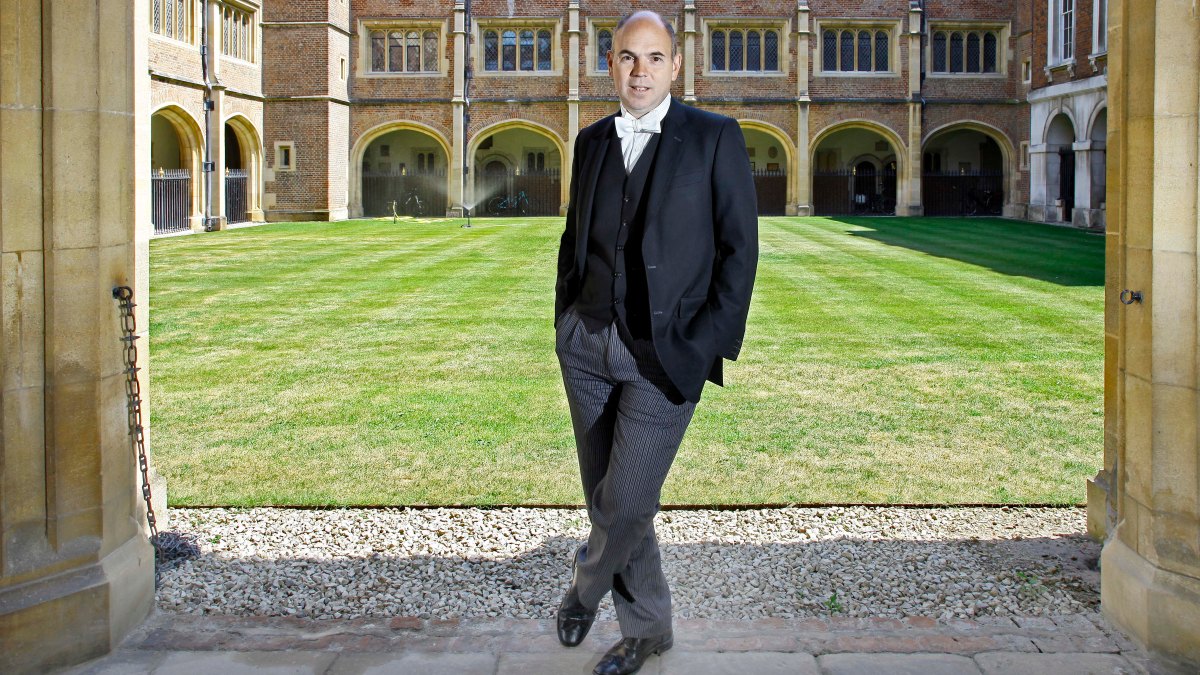Eton College has called on the Labour Party to endorse its plans for expanding state school sixth form colleges in the Midlands and North of England. This initiative aims to improve educational opportunities in these regions, addressing longstanding disparities in access to quality education.
Planned developments for these colleges have been temporarily suspended, leaving many students and educators concerned about the future of educational reform. Eton’s proposal is part of a broader strategy to replicate its successful educational model, which has thrived in the independent sector, within the state system. The institution argues that this approach could provide more students with the chance to achieve academic excellence.
In recent discussions, Eton officials emphasized the urgency of this initiative. They highlighted that the current educational landscape often fails to meet the needs of students in less affluent areas. By establishing these sixth form colleges, Eton aims to create a pathway for young people to access higher education, particularly in subjects that lead to strong career prospects.
September 2023 marked a significant moment for the proposal as Eton reached out to Labour leaders, urging them to prioritize the project in upcoming policy discussions. Eton’s head, Simon Henderson, stated that collaboration between private and public sectors is essential for fostering educational equity. “We believe this is a critical step towards leveling the playing field for all students,” Henderson remarked.
The Labour Party’s response has been cautious. While they acknowledge the potential benefits of Eton’s model, some party members have raised concerns regarding the implications of increased privatization in education. They argue that the focus should remain on bolstering existing state schools rather than introducing new independent entities.
Despite these concerns, Eton remains optimistic about the prospect of collaboration. The college has outlined its commitment to providing resources and expertise that could support the successful implementation of state sixth form colleges. If approved, these institutions could serve thousands of students, offering specialized programs that cater to local needs.
In addition to addressing educational inequalities, Eton’s initiative aligns with a growing trend among elite educational institutions to engage more actively with their communities. The college has previously launched various outreach programs aimed at supporting underprivileged students, demonstrating its dedication to making a positive impact beyond its traditional student body.
As discussions continue, the outcome of Eton’s proposal could set a precedent for future collaborations between independent and state educational institutions in the UK. The potential establishment of sixth form colleges in the Midlands and North could not only enhance local education but also reshape the national conversation around access and equity in schooling.
The importance of timely action cannot be overstated. With educational needs shifting rapidly, stakeholders are urged to consider the long-term implications of their decisions. Eton’s call to the Labour Party is more than just a proposal; it represents a vision for a more inclusive future in education, one that could resonate across the UK and beyond.







